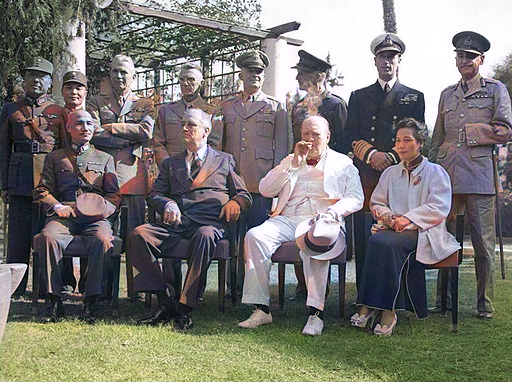Some men are born to defy the odds. And then there’s Adrian Carton de Wiart a man whose life reads more like a Hollywood action script than a real biography. Shot eleven times. Survived two plane crashes. Lost an eye and a hand in battle. And yet, this indestructible British officer famously described war as “enjoyable.” With a career that spanned four decades and three major conflicts, Carton de Wiart was a soldier unlike any other a true legend of grit, loyalty, and almost absurd resilience.
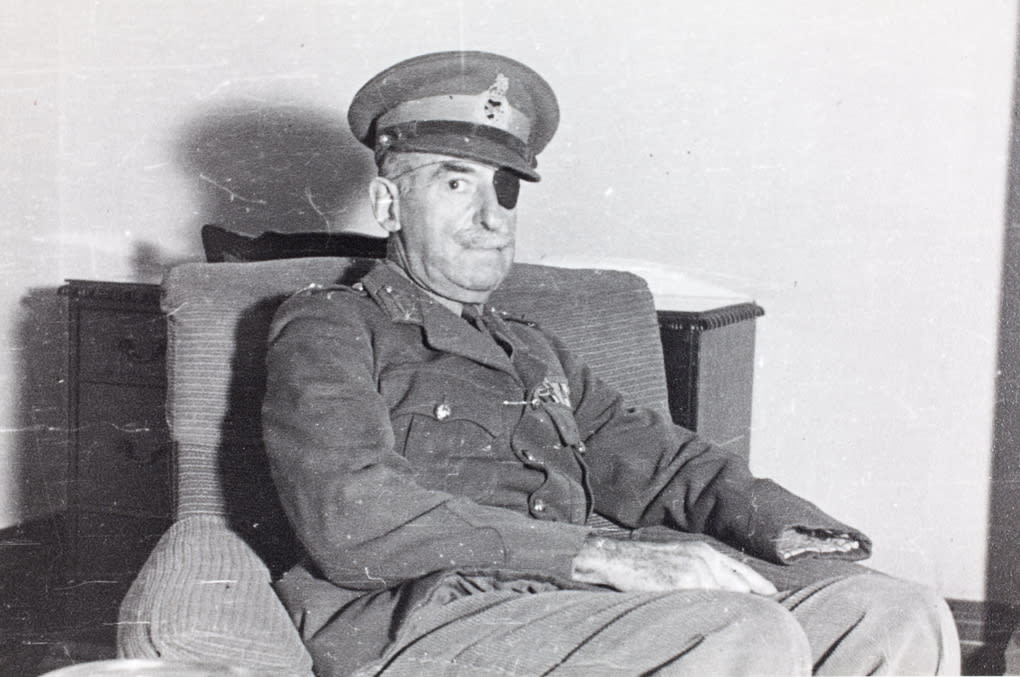
Born for Battle
Adrian Carton de Wiart was born in 1880 to an aristocratic Belgian family, later becoming a naturalized British subject. His military career began with a lie: eager to serve in the Second Boer War, he faked his age and identity to enlist in the British Army at just 19 years old. From that moment on, war would become not just his duty, but his passion.
He saw action early and often, earning his first wounds in South Africa. That was just the beginning.
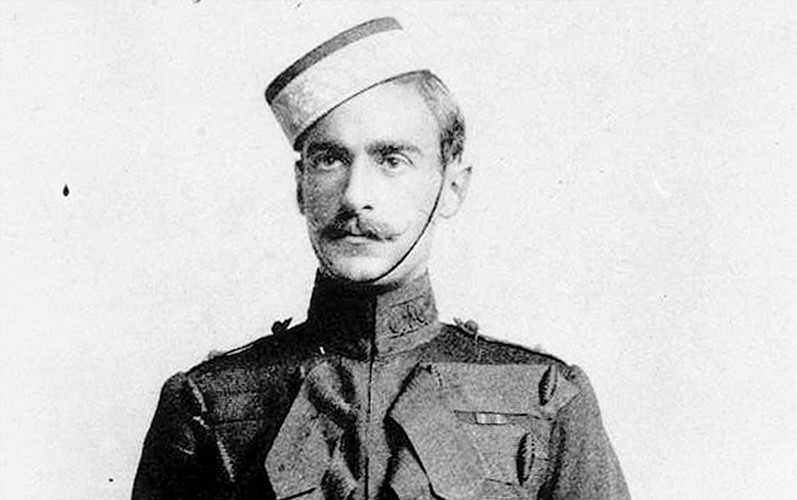
World War I: Where Legends Are Forged
During World War I, Carton de Wiart served with the British Expeditionary Force and quickly built a reputation as fearless perhaps even reckless. He lost his left eye during combat in Somaliland and wore a signature black eye patch from then on. Later, he had his left hand shattered by a shell, resulting in its amputation. The story goes that he tried tearing off his own fingers when the pain became unbearable.
Video:
Adrian Carton de Wiart: The Most Badass Soldier of All Time and a Real Life Action Hero
Instead of retiring, he returned to the front. His resilience was not only astounding but inspiring to his fellow soldiers. Over the course of the war, he was wounded multiple times eventually being shot in the face, skull, stomach, ankle, leg, hip, and ear.
Despite it all, Carton de Wiart seemed invincible.
A Reluctant Diplomat and War Hero
In between wars, Carton de Wiart served in various diplomatic roles, but his heart was always with the military. When World War II broke out, he re-enlisted and was sent on multiple dangerous missions across Europe and the Middle East. In 1941, during a flight to Yugoslavia, his plane crashed into the Mediterranean. He survived, was captured by the Italians, and spent two years in a POW camp.
What did he do during captivity? Attempted multiple escapes, of course.
Eventually, he was released and sent to China to serve as Churchill’s personal representative. Even in his 60s, missing an eye and a hand, Carton de Wiart remained active in shaping global strategy.
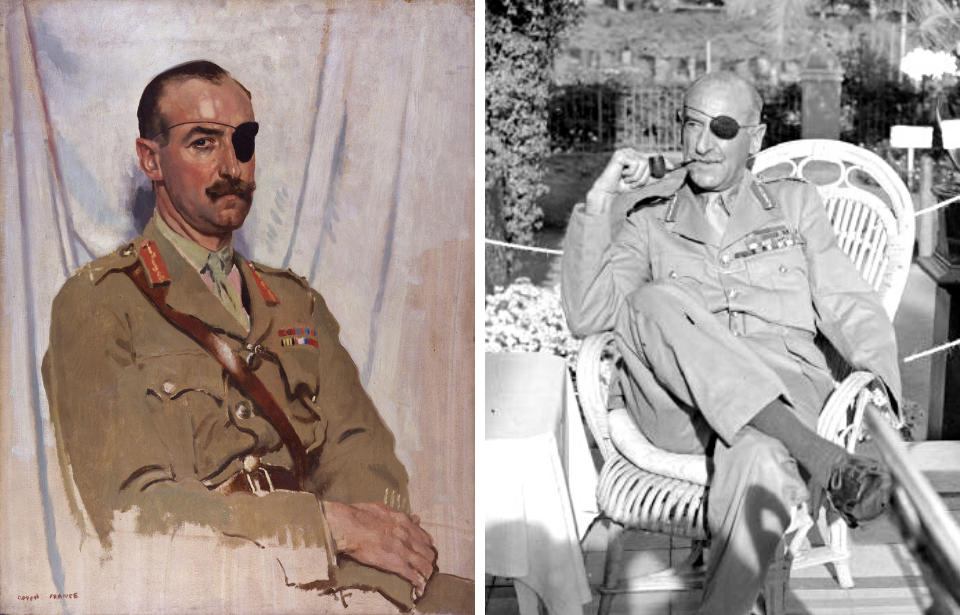
More Than Just a War Machine
Though often seen as the embodiment of the tough British officer, Carton de Wiart had a dry wit and a stoic attitude that fascinated everyone who met him. He rarely spoke of his injuries. He didn’t glorify violence. Yet, when asked about his years in combat, he famously remarked, “Frankly, I had enjoyed the war.”
Video:
Absolute Mad Lads – Adrian Carton de Wiart
That quote, while startling to modern ears, reflects the kind of soldier he was. For him, war was not about bloodlust it was about honor, duty, and the thrill of rising to meet impossible challenges.
Retirement and Legacy
Adrian Carton de Wiart finally retired in 1947 at the age of 67. He spent his final years in quiet reflection in County Cork, Ireland. He passed away in 1963 at the age of 83.
By then, he had received numerous military honors, including the Victoria Cross the highest award for gallantry in the British armed forces. Yet, what made him truly unforgettable wasn’t just his medals. It was the unbelievable life he led, marked by sacrifice, survival, and service.
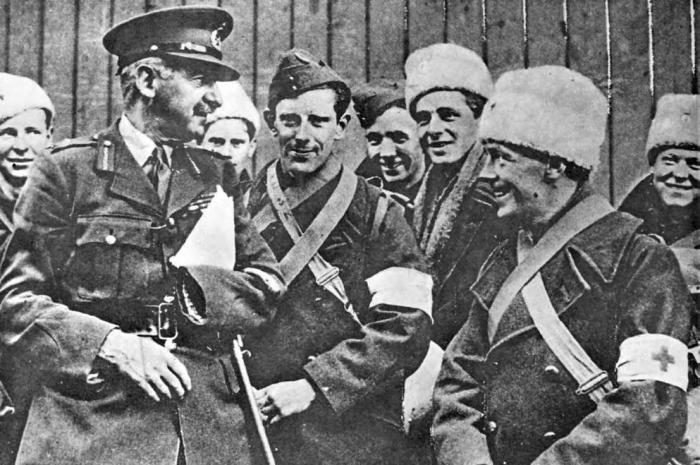
Conclusion: A Life Beyond Fiction
In an era of mythical heroes, Adrian Carton de Wiart was the real deal. His story is almost too wild to believe but it happened. From battlefield surgeries without anesthesia to crashing into enemy territory and escaping again, he proved that sheer willpower could overcome almost anything.
He remains a symbol of resilience and bravery. Not just a soldier but a force of nature.
